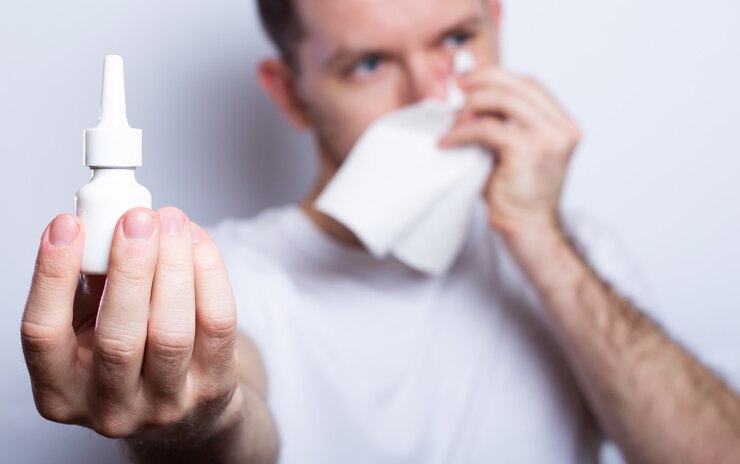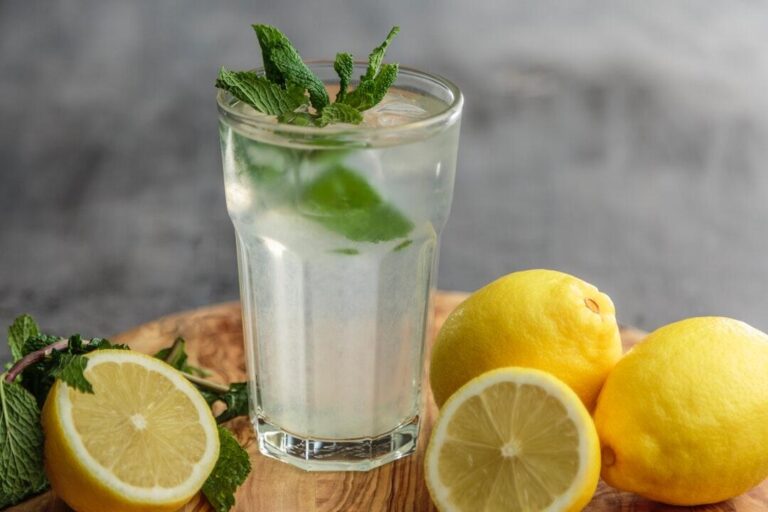The Ultimate Guide to Choosing the Best Teeth Cleaner for Your Dental Health
Good oral hygiene is an essential part of maintaining overall health. A clean, healthy mouth can prevent bad breath, tooth decay, and gum disease, and keep your teeth stronger longer.
While brushing and flossing are the cornerstone of any dental care routine, selecting the best teeth cleaner can make a world of difference in your oral health regimen.
This comprehensive guide will walk you through everything you need to know about choosing the best teeth cleaner for your dental health and maintaining excellent oral hygiene.
Why Dental Hygiene Matters?
Dental hygiene is not just about keeping your teeth white and breath fresh. It’s about maintaining the intricate balance of oral health and overall health.
Poor dental hygiene has been linked to various health issues, including heart disease, diabetes, and respiratory illnesses. Hence, it’s crucial to invest time and effort in keeping your teeth and gums in optimal condition.
Types of Teeth Cleaners
When it comes to dental care, there are several types of teeth cleaners available. Each has its unique advantages and is best suited for different aspects of oral care. Understanding these options can help you make an informed decision about which products to include in your dental hygiene routine.
Toothbrushes
Manual toothbrushes are the most traditional and widely used type of teeth cleaner. They are effective at removing plaque and food particles when used correctly. It’s affordable, widely available, and does not need batteries or electricity.
Electric Toothbrushes
Electric toothbrushes have gained popularity due to their ability to provide a more thorough clean with less effort. They often include timers to ensure you brush for the recommended two minutes and multiple brushing modes, which are more effective at reducing plaque and gingivitis. They are more expensive than manual toothbrushes and require batteries or charging.
Dental Floss
Flossing is an essential step in removing plaque and food particles from between the teeth and along the gum line, which a toothbrush cannot reach. Traditional dental floss is a thin strand of string that can be waxed or unwaxed.
It is effective at removing plaque between teeth and inexpensive. However, it can be challenging to use for some people, especially those with limited dexterity.
Water Flossers
Water flossers, also known as oral irrigators, use a stream of water to remove plaque and food particles between teeth and below the gum line. They are easy to use and effective for people with braces or other dental appliances. However, they are more expensive and require access to water and electricity.
Interdental Brushes
Interdental brushes are small brushes designed to clean between the teeth that a traditional toothbrush cannot reach. They are effective at removing plaque between teeth and are easy to use. However, they may not fit in very tight spaces and can be more expensive than traditional floss.
Mouthwash
Mouthwash can be a beneficial addition to your dental hygiene routine, offering additional benefits such as reducing plaque, freshening breath, and preventing gum disease.
Antiseptic Mouthwash
Antiseptic mouthwash contains ingredients like chlorhexidine or essential oils to kill bacteria and reduce plaque. It reduces bacteria in the mouth and helps prevent gum disease. However, prolonged use can cause staining on teeth and may taste unpleasant.
Fluoride Mouthwash
Fluoride mouthwash helps strengthen enamel and prevent tooth decay. It helps prevent cavities and strengthens enamel. It does not replace brushing and flossing and should not be swallowed.
Whitening Strips and Gels
Whitening strips and gels contain peroxide-based bleaching agents that can whiten teeth more effectively than toothpaste. it is more effective at whitening than toothpaste and is easy to use at home. Can cause tooth sensitivity, more expensive than toothpaste.
Factors to Consider When Choosing a Teeth Cleaner
Selecting the best teeth cleaner involves considering your specific oral health needs and preferences. Here are some factors to consider.
Oral Health Concerns
Different dental products address different oral health concerns. For example, if you have gum disease, an antiseptic mouthwash may be beneficial. If you have cavities, a fluoride toothpaste is essential.
Comfort and Ease of Use
Choose products that you find comfortable and easy to use. If you struggle with traditional floss, consider floss picks or a water flosser. If you find electric toothbrushes too harsh, a manual toothbrush with soft bristles may be better.
Budget
Consider your budget when selecting dental products. While some products, like electric toothbrushes and water flossers, are more expensive, they can be worthwhile investments for your oral health.
Recommendations From Your Dentist
Your dentist can provide personalized recommendations based on your specific oral health needs. Be sure to consult with them during your regular check-ups.
Tips for Maintaining Excellent Oral Hygiene
In addition to choosing the right teeth cleaner, maintaining excellent oral hygiene requires a consistent and thorough dental care routine. Here are some tips to help you keep your teeth and gums healthy.
Brush Twice a Day
Brush your teeth for at least two minutes twice a day using a fluoride toothpaste. Be sure to brush all surfaces of your teeth, including the front, back, and chewing surfaces.
Floss Daily
Floss daily to remove plaque and food particles from between your teeth and along the gum line. Use traditional floss, floss picks, or a water flosser, depending on your preference.
Use Mouthwash
Incorporate mouthwash into your daily routine to help reduce bacteria, freshen your breath, and prevent gum disease. Choose an antiseptic or fluoride mouthwash based on your needs.
Maintain a Healthy Diet
Eating a balanced diet rich in fruits, vegetables, and whole grains can promote healthy teeth and gums. Limit sugary and acidic foods and beverages, as they can contribute to tooth decay and erosion.
Visit Your Dentist Regularly
Regular dental check-ups and cleanings are crucial for maintaining oral health. Visit your dentist at least twice a year for professional cleanings and to address any potential issues early.
Navigating the Best Teeth Cleaner for Optimal Dental Health
Choosing the best teeth cleaner for your dental health is an important decision that can have a significant impact on your overall oral hygiene.
By understanding the different types of teeth cleaners available and considering your specific needs, you can create a dental care routine that keeps your teeth and gums healthy.
For more on this content, visit the rest of our blog!







